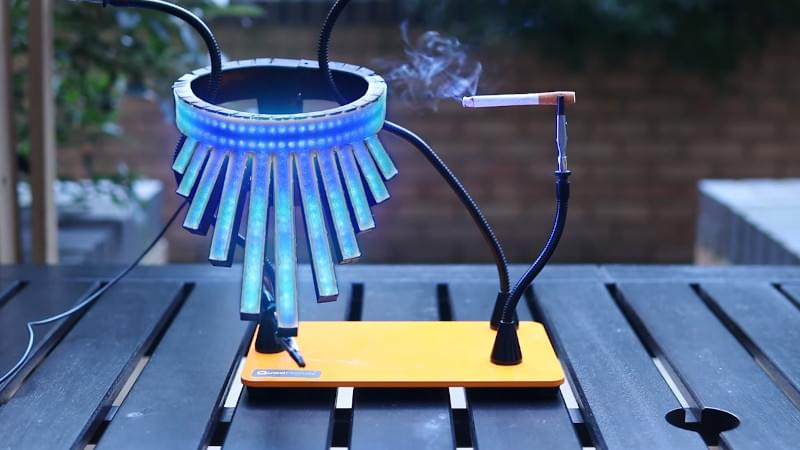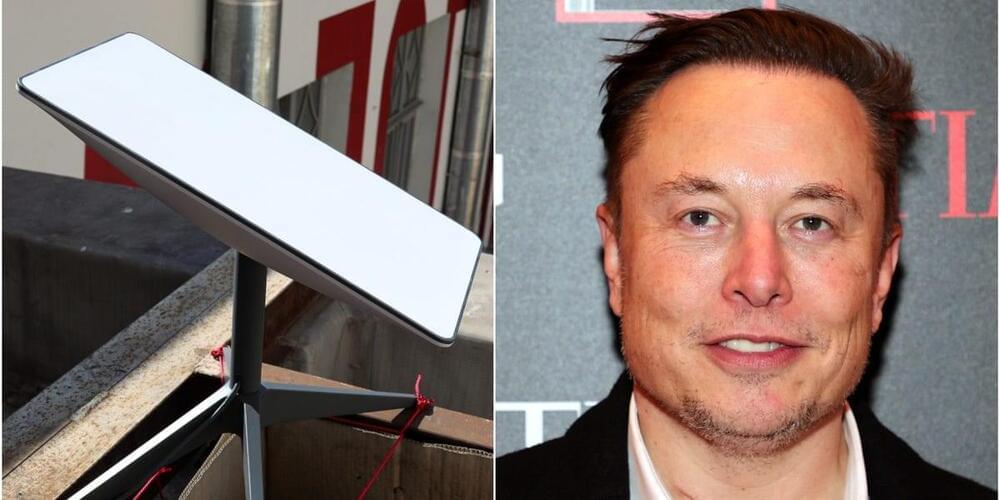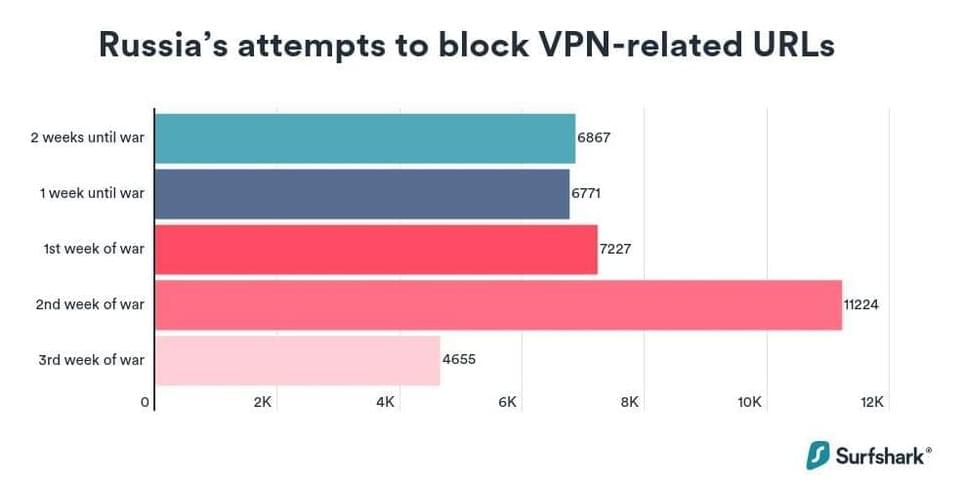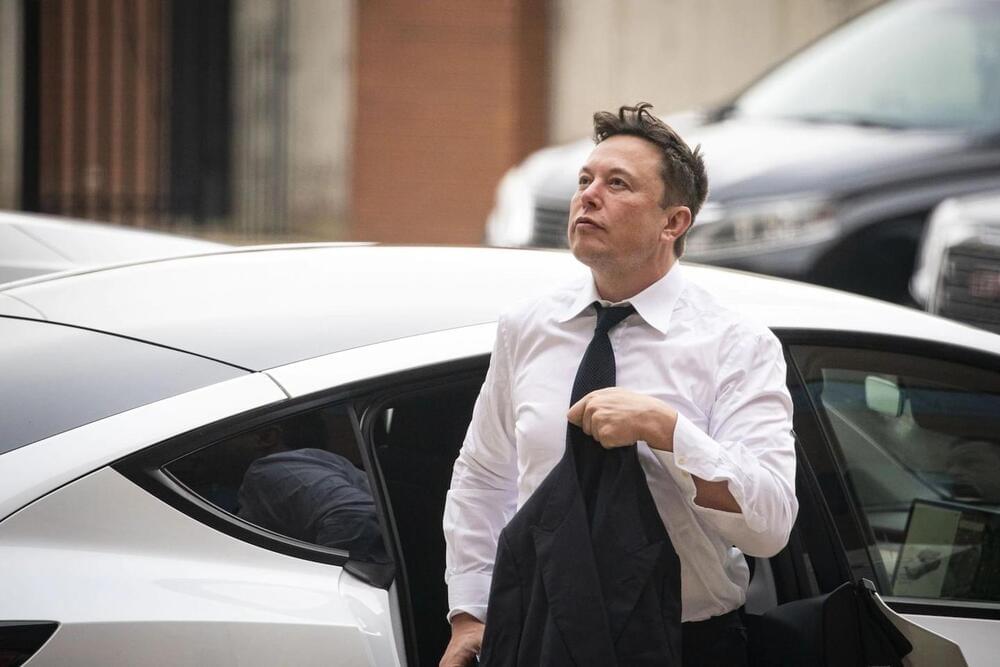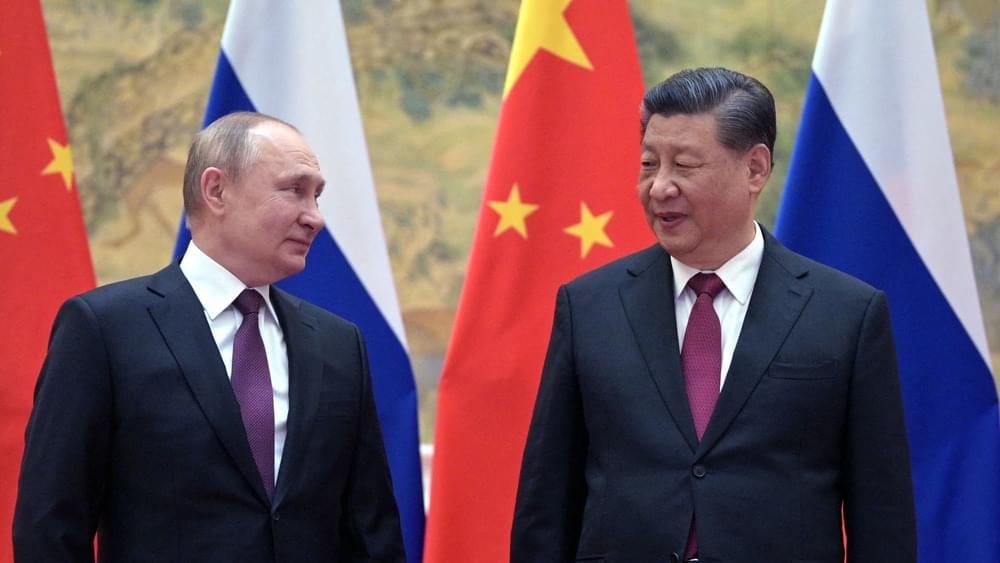Mar 25, 2022
More than 300 new hyperscale datacentres in development globally
Posted by Krys Hyff in categories: biotech/medical, internet, space
Regardless of Pandemics, Wars, Supply chain shocks…the Planets digital brain capacity continues its near exponential growth.
When added to the 728 hyperscale datacentres that were in operation at the end of 2021 and factoring in [the] many new datacentre plans that will be announced over the next two to three years, we forecast that by the end of 2026 there will be an installed base of nearly 1,200 hyperscale datacentres around the world.
“Almost 40% of the world’s operational hyperscale datacentres are located in the US, and the bulk of the developments in the pipeline will also be US-based, with China and Ireland name-checked as the second and third countries with the most new builds planned.” The future looks bright for hyperscale operators, with double-digit annual growth in total revenues supported in large part by cloud revenues that will be growing in the 20–30% per year range,”
Continue reading “More than 300 new hyperscale datacentres in development globally” »

